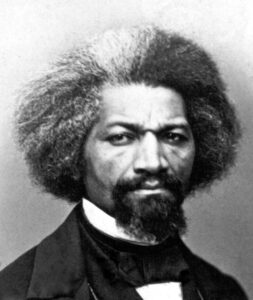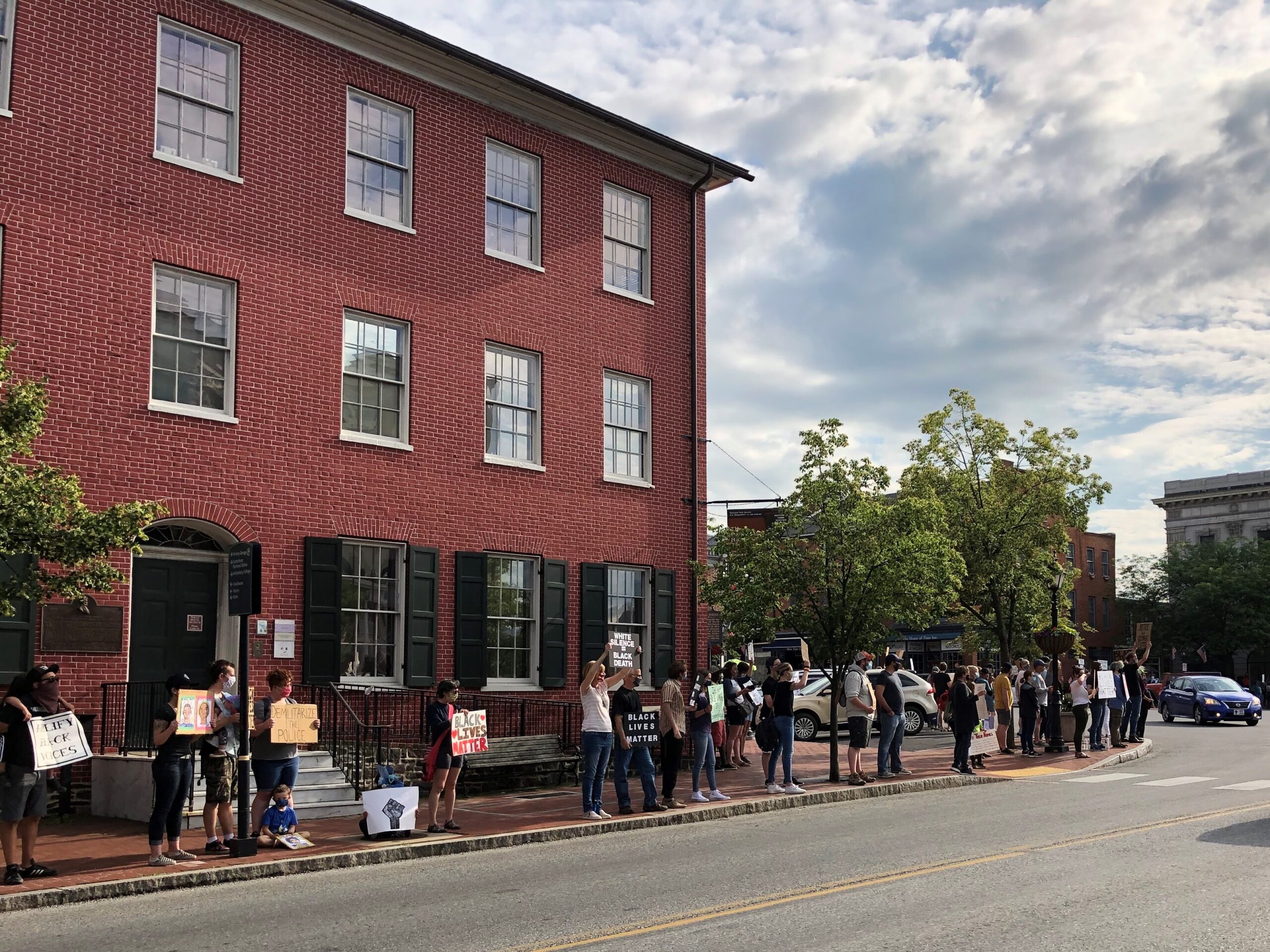Millions of protesters occupying public spaces and defying curfew amid a global pandemic. A dramatic public opinion shift in support of Black Lives Matter. The Confederate statues on Monument Avenue in Richmond, VA, finally coming down. Are we living in a historic moment, a chance to define a “new normal?”
Since March, Americans have taken exceptional steps to protect themselves and their communities from the rapid spread of the novel coronavirus. The long-term effects have been part of the debate from the beginning, with some commentators pushing a return to normalcy. The killing of George Floyd was a reminder that those halcyon days were never what many middle- to high-income white people imagined them to be. Amid a global pandemic that is disproportionately infecting and killing individuals from BIPOC communities, the call for national solidarity to fight the disease rings hollow.

I finished David Blight’s Frederick Douglass: Prophet of Freedom in May (full review coming soon), and have found that Douglass’s words keep coming back to me in this moment. Even from a different time and context, his writing and oratory speak to the moral challenges still facing America today. Like many of us, Douglass grappled with the tension between the urgency of the end and the most effective means to get there. He ultimately came down on the side of direct confrontation. “If there is no struggle there is no progress,” he declared in 1957. “Power concedes nothing without a demand. It never did and it never will.”
Four years later, the United States entered into a great civil war over political and social power, the right to own human beings, and the paradox between a so-called democratic government and a racist society. Amid the struggle, Douglass lamented in 1864 that it had taken the Union so long to recognize the underlying roots of the crisis. Early in the war, he explained, the Union forbade African Americans a role in the conflict, denying their fundamental stake in the conflict—at the cost of manpower—despite the Confederacy’s avowed cause of perpetuating a slave society.
The great misfortune is and has been during all the progress of this war, that the government and loyal people have not understood and accepted its true mission. Hence we have been floundering in the depths of dead issues. Endeavoring to impose old and worn-out condition upon new relations—putting new wines into old bottles, new cloth into old garments and thus making the rent worse then before.
For Douglass, too many white Northerners sought a return to the status quo antebellum that had led to war in the first place. Too many white Northerners sought to sustain the racial hierarchy that secured their status in America.
Had we been wise we should have recognized the war at the outset as at once the signal and the necessity for a new order of social and political relations among the whole people. We could, like the ancients, discern the face of the sky, but not the signs of the times. Hence we have been talking of the importance of carrying on the war within the limits of a Constitution broken down by the very people in whose behalf the Constitution is pleaded! Hence we have from the first been deluding ourselves with the miserable dream that the old Union can be revived in the states where it has been abolished.
Douglass called for what was essentially a second American revolution, because nothing short of that could address the disparity between the ideals of the Constitution and the unequal system it ensured.
I think it’s worth thinking about our current moment in the same way. Important change can come from times of crisis that reveal the gross inadequacy of “normal.” Was the purpose of hunkering down during COVID-19 simply to go back to making consumer products and going to the salon? Or can we ensure the sacrifices of last few months mean something more, especially to those who entered the pandemic with the least and lost the most?
This is the moment to make that demand, but we must sustain the pressure through activism, education, and advocacy long beyond June 2020. As Douglass said in the same speech, “Justice and humanity are often overpowered, but they are persistent and eternal forces, and fearful to contend against.”

